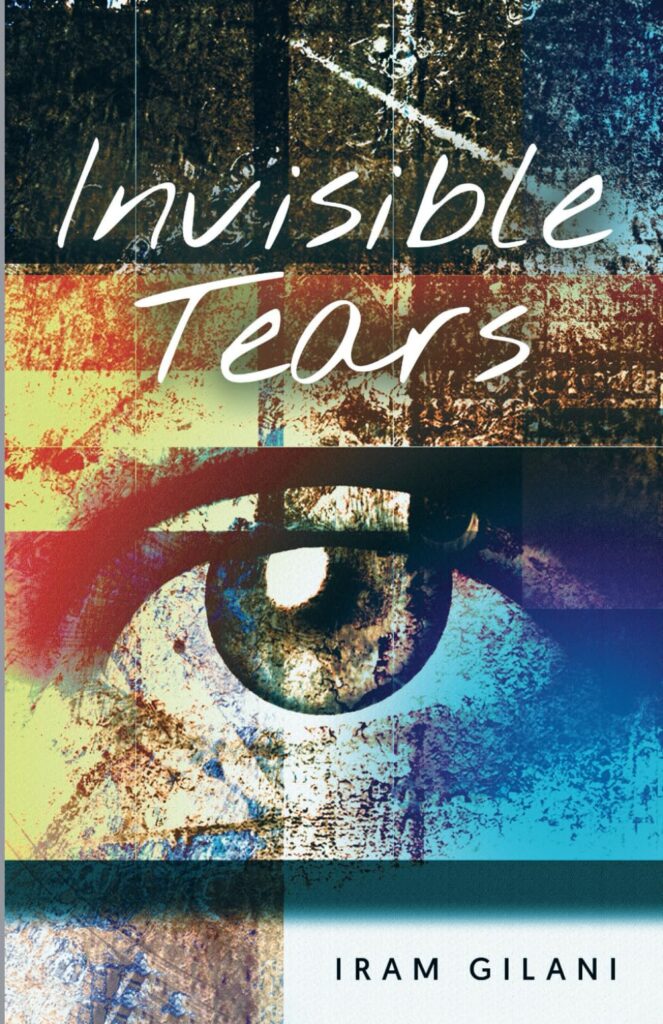Understanding the Depth of Recovery
In the journey of recovery, whether from physical trauma or emotional distress, visible scars often tell only a part of the story. The deeper narrative is embedded in the invisible strength that individuals develop as they navigate their path to healing. This strength, frequently bolstered by empathy, serves as a cornerstone in the recovery process. By embracing empathy, both self-directed and from others, individuals can foster a more comprehensive and compassionate approach to recovery.

The Dual Nature of Scars: Visible and Invisible
Visible Scars: A Testament to Survival
Visible scars are the physical manifestations of past injuries or surgeries. They are often seen as badges of survival, each telling a story of endurance and resilience. These scars can significantly impact an individual’s self-image and confidence, reminding them daily of their struggles and triumphs. Addressing these physical marks involves not only medical care but also emotional support to help individuals come to terms with their new appearance.
Invisible Scars: The Unseen Battle
Invisible scars, on the other hand, represent the emotional and psychological wounds that accompany trauma. These scars are often more challenging to heal because they are not immediately apparent. The process of recovery from invisible scars requires a supportive environment where individuals feel safe to express their emotions and experiences. Recognizing and validating these invisible scars is crucial in the healing process, as it allows individuals to process their trauma and build resilience.
Empathy as a Healing Force
Empathy plays a critical role in bridging the gap between visible and invisible scars. When individuals feel understood and supported, they are more likely to engage in the recovery process actively. Empathy, both from healthcare professionals and personal support networks, fosters a healing environment that acknowledges the full spectrum of an individual’s experience.
The Role of Empathy in Medical Care
Healthcare providers who practice empathy can significantly enhance patient outcomes. By listening attentively and validating the patient’s feelings, medical professionals can build trust and create a therapeutic alliance. This relationship not only encourages patients to adhere to their treatment plans but also helps them feel valued and understood.
Building Empathetic Support Networks
Support networks, including family, friends, and community groups, are essential in recovery. These networks provide emotional and practical support, helping individuals navigate their healing journey. An empathetic support network listens without judgment, offers comfort, and encourages the individual to express their feelings and experiences freely.
Strategies to Foster Empathy in Recovery
Education and Awareness
Educating individuals about the importance of empathy in recovery can transform how they approach their healing process. Workshops, seminars, and support groups can raise awareness about the impact of both visible and invisible scars and the critical role empathy plays in recovery.
Mindfulness and Active Listening
Practicing mindfulness and active listening can enhance empathy. Mindfulness helps individuals stay present and fully engage with others, while active listening involves truly hearing and understanding the speaker’s message. These practices can strengthen relationships and provide the emotional support needed during recovery.
Encouraging Open Communication
Creating spaces where individuals feel safe to share their experiences is vital. Encouraging open communication helps to break down barriers and allows individuals to express their feelings without fear of judgment. This openness can lead to deeper understanding and empathy, fostering a more supportive recovery environment.
The Psychological Impact of Embracing Empathy
Enhancing Self-Esteem and Confidence
When individuals receive empathetic support, their self-esteem and confidence often improve. Feeling understood and valued can empower individuals to take control of their recovery, setting realistic goals and celebrating their progress. This positive reinforcement builds resilience and encourages continued growth.
Reducing Anxiety and Depression
Empathy can also play a significant role in reducing anxiety and depression. By feeling connected to others and supported in their recovery journey, individuals are less likely to feel isolated and overwhelmed. This sense of connection and understanding can alleviate feelings of loneliness and despair, promoting mental well-being.
Promoting a Positive Outlook
A positive outlook is crucial in recovery. Empathy helps individuals maintain hope and motivation, even in the face of setbacks. By surrounding themselves with empathetic individuals, they are more likely to adopt a positive mindset, which can enhance their overall recovery process.
Case Studies: Empathy in Action
Case Study 1: Physical Trauma Recovery
Consider the case of Jane, who suffered severe injuries in a car accident. Her physical scars were a constant reminder of the trauma she endured. However, through the empathetic care of her medical team and the unwavering support of her family, Jane was able to embrace her scars as symbols of her strength. Her journey was marked by open communication and emotional validation, which played a pivotal role in her recovery.
Case Study 2: Emotional Healing
John, a veteran struggling with PTSD, faced invisible scars that impacted his daily life. Through the support of a dedicated therapist and a peer support group, John experienced the healing power of empathy. The validation of his experiences and the understanding of his peers helped John process his trauma and rebuild his life. This empathetic environment was crucial in his journey toward emotional healing.
Conclusion: Embracing Empathy for Holistic Recovery
In the realm of recovery, the interplay between visible scars and invisible strength is profound. By embracing empathy, individuals can navigate their healing journey with greater resilience and hope. Whether through medical care, support networks, or personal practices, empathy serves as a powerful tool in fostering comprehensive recovery. Recognizing the importance of empathy in addressing both visible and invisible scars is essential in promoting holistic well-being.
Empathy is not just a compassionate response; it is a catalyst for healing, empowering individuals to transform their scars into symbols of their enduring strength.
Iram Gilani
Author | Speaker | Mentor
Book: Invisible Tears
www.IramGilani.com
Contact@IramGilani.com

